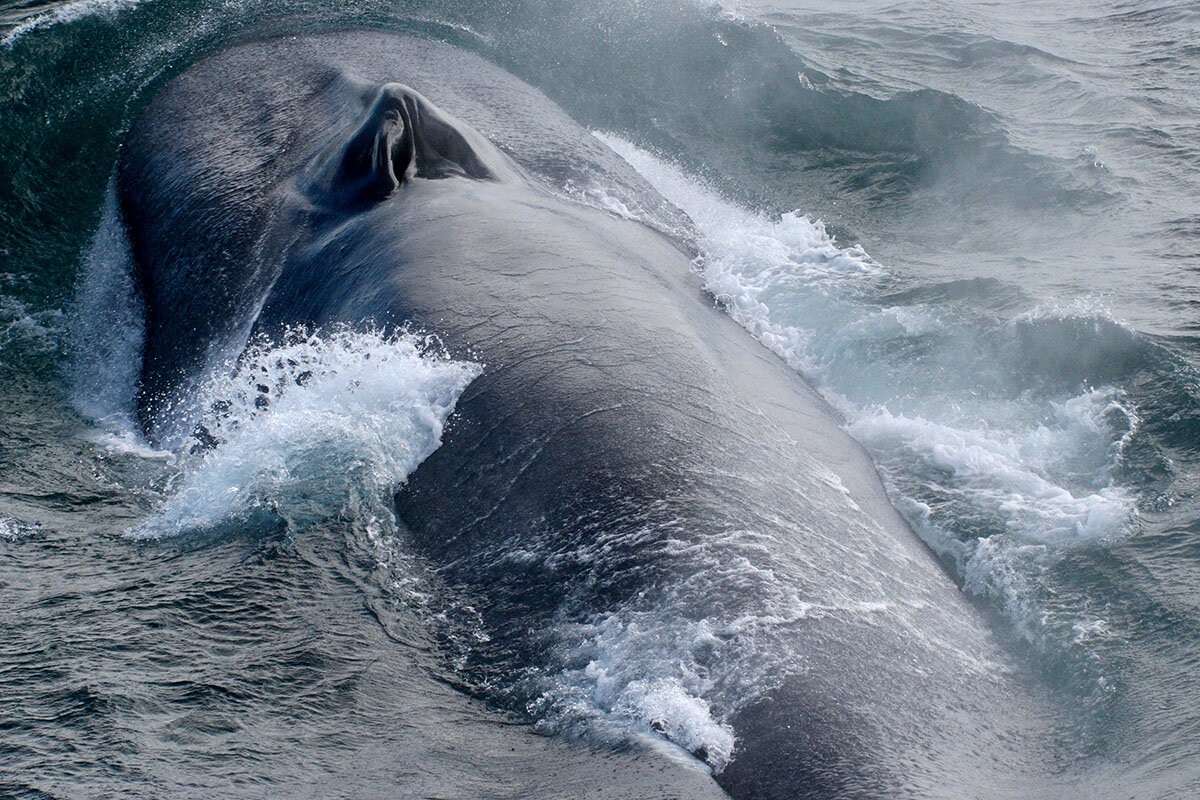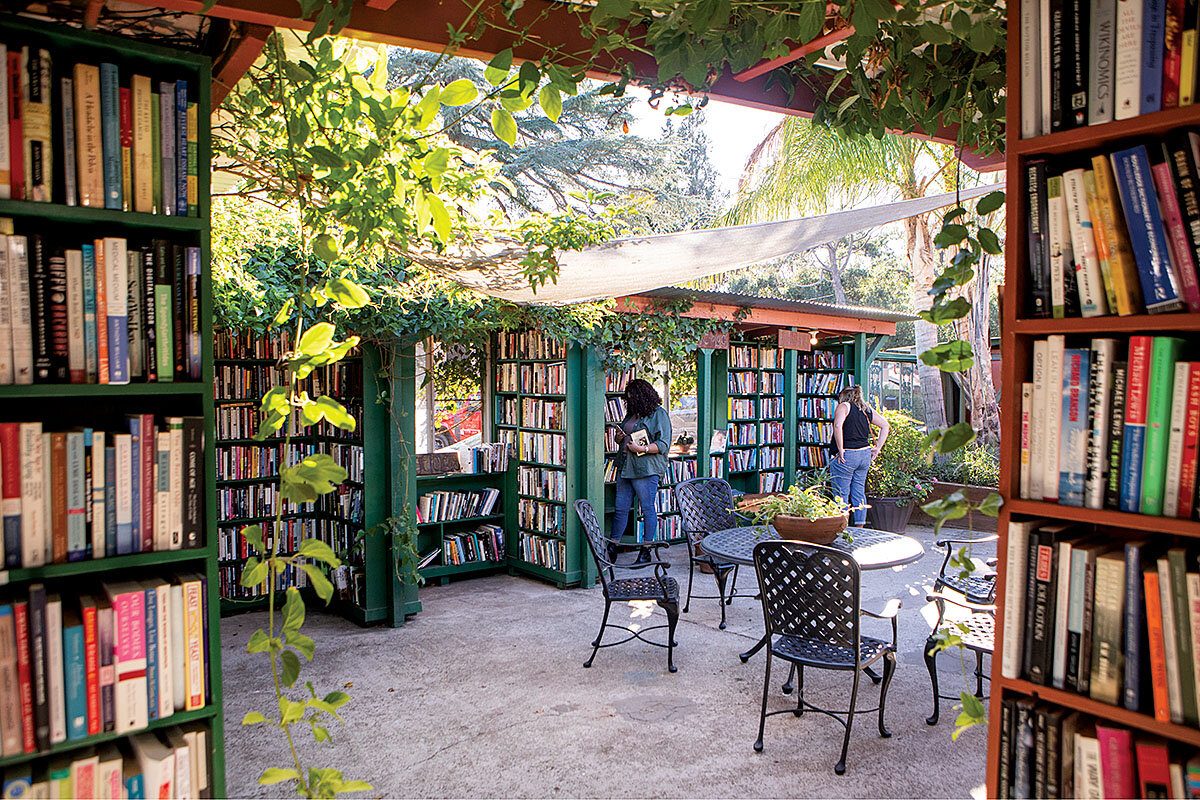Amid the recent omicron surge, more people seem to be questioning the value of continued restrictions – and concluding they’re not worth the cost. Parents, in particular, are yearning for normalcy in their children’s lives.
Monitor Daily Podcast
- Follow us:
- Apple Podcasts
- Spotify
- RSS Feed
- Download
 Amelia Newcomb
Amelia Newcomb
We’ve all heard about the big find at an estate sale or flea market – like the artwork a Massachusetts resident bought for $30 five years ago that experts now say is likely an Albrecht Dürer drawing worth millions.
But for Chelsey Brown, found treasure is something else entirely – as she discovered last year when an old, handwritten letter caught her eye at a New York City flea market, one of many she frequents for her budget interior design business. One dollar later, it was hers, along with a self-imposed challenge: Trace the name on the envelope. She quickly succeeded – transforming an everyday item into a delighted family’s priceless gem and giving herself a new mission.
“It would break my heart when I would be at the flea market ... and pass by a box of family mementos,” Ms. Brown explains via email. “I always knew they should be with their rightful family.”
Ms. Brown pores over genealogical databases and history books to identify the provenance of everything from baby albums to love lockets. She’s connected hundreds of items with owners’ descendants, footing the bill herself. One woman was dumbfounded to receive her grandfather’s World War II ration books. “It was like a present,” a thrilled Mary Jane Scott told The Washington Post. “We spent a lot of Christmases with my grandparents.”
Ms. Brown says such “over the moon” reactions are what keep her going: “These artifacts and heirlooms can tell us things about the past – the era, person, family dynamic, emotions – that documents and records cannot.”










